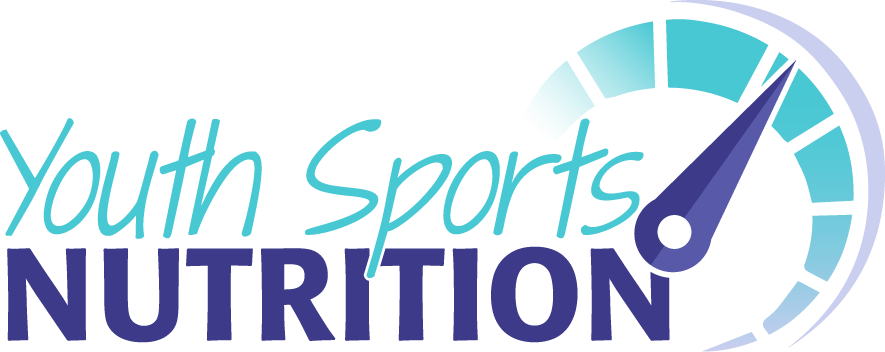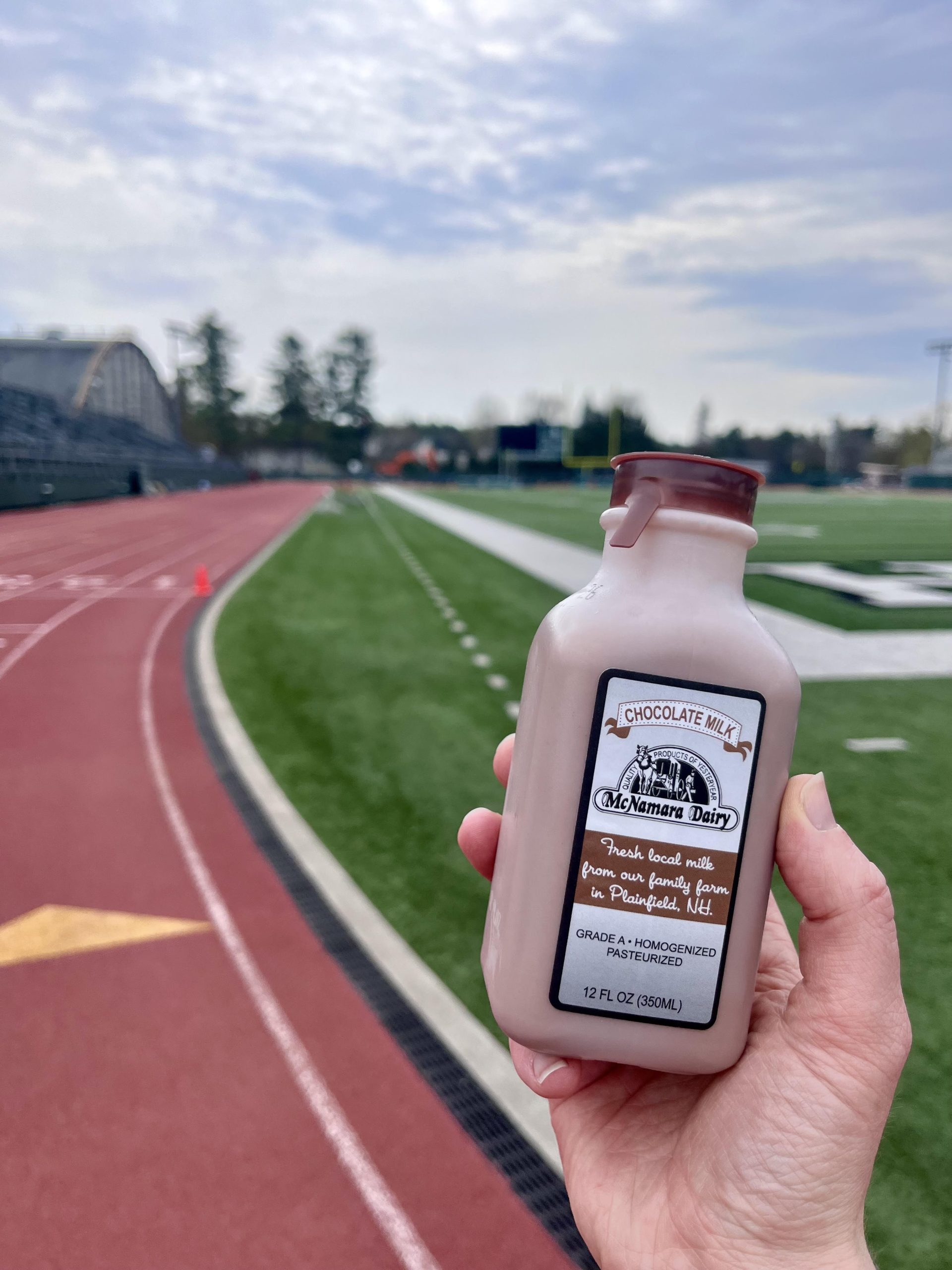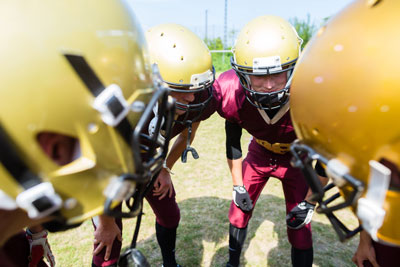Introduction
There are many aspects of nutrition that athletes need to consider. Post-workout nutrition is one of them.
Post-workout nutrition has two purposes: 1. Recover from a workout 2. Prepare for the upcoming workout.
Social media and supplement ads put an emphasis on post-workout protein and although protein is important, there is more to it then just that!
What you eat and when you eat is very critical to athletic performance. Implementing a post-workout strategy will take your game to the next level.
Let’s dive into the specifics!
Why Post-Workout Nutrition Matters
Think of your muscles as a gas tank. Your muscles store carbohydrates to use for energy. These carbs are gasoline. During training and competition, your body uses gasoline (aka carbohydrate stores) and empties the gas tank. The purpose of post-workout nutrition is to put gas back into the gas tank. Proper post-workout nutrition ensures that your body is refueled and ready for the next training session.
For high school athletes, a majority of training occurs in the afternoon and evening, this serves as a critical time for nutrition. Athletes do not want to skip out on nutrition at this time because then the body naturally endures a state of fasting when asleep. Inadequate nutrition or skipping post-workout nutrition can lead to a decrease in performance, fatigue, difficulty sleeping and muscle soreness.
Post-workout nutrition also supports immune and hormone function. Our athletes need to stay healthy for optimal performance!
During training, our muscles endure small tears. These tears are normal but need to be repaired. This is where the importance of post-workout nutrition comes in. Repairing the muscles helps alleviate muscle soreness and promotes muscle growth.
What To Eat Post Workout: The 3 R’s
Rehydrate with Electrolytes
There is no question that athletes sweat during workouts. Sweat consists of electrolytes such as sodium, potassium and magnesium and these electrolytes need to be replaced after a workout. Rehydrate with an electrolyte beverage, watery fruits and veggies, or adding salt to foods. Urine color is one way to assess hydration status. Ensure urine color is pale yellow 2-3 hours after competition.
Repair with Protein
The role of protein, especially post-workout, is to repair the muscle that was damaged during training. After the repair is complete, then building new muscle can occur. Some muscle soreness is normal, however, post-workout protein can reduce the severity of soreness.
Protein options can include eggs, chicken, beef jerky, Greek yogurt, or a protein shake.
Refuel with Carbohydrates
Think back to the gasoline analogy that was mentioned before. After a training session, your energy stores are depleted and need to be refilled. This is where prioritizing carbohydrates comes in. Including carbohydrates will replenish energy stores, the gasoline tank. These carbohydrates can be used throughout the day to aid in focus at school and fuel your next training session.
Rice, oatmeal, sweet potatoes, and pasta are great examples that will aid in refueling energy stores.
When Should an Athlete Eat After a Workout
The general recommendation is to have a post-workout snack one hour after a workout and then follow up with a full meal three to four hours post workout.
Oftentimes, athletes struggle to adequately intake calories to fuel performance. The post-workout snack serves as another opportunity to eat calories and ignite the recovery process.
Athletes who train in the afternoon and evening may have difficulty with following this timing. If you are an athlete who trains then shortly has dinner available, it is okay for athletes to reverse this order and have a post-workout meal THEN have a snack closer to bed time.
With this in mind, follow the athlete’s plate that best fits your scenario.
Post-Workout Meal & Snacks Ideas
When it comes to your post workout meal there are a few things you need to keep in mind: intensity of the workout, duration of the workout, time until the next training session, and performance goals. The Athlete’s Plate is a great visual to follow! When intensity and duration are low follow the Easy Training plate. Start using the Moderate Training Plate as intensity increases. The Hard Training Plate is for athletes who are in a season of many hours of workouts or have a weight gain goal.
Ideas to use as a starting point:
- Breakfast: eggs, sausage links, bagel, banana with peanut butter, chocolate milk
- Lunch: deli sub, bag of chips, carrots and ranch dip, sports drink
- Dinner: tacos with fajita veggies, chips and guacamole, and milk
Remember that portion sizes will need to be adjusted depending on goals and activity level.
Post workout snacks should focus on carbohydrates and protein with carbohydrates being more prevalent. Science says to have a 4 to 1 ratio of carbohydrates to protein. For example 20grams of carbs to 5 grams of protein. Athletes don’t need to follow this recommendation precisely but the point being that carbohydrates need to be prioritized. Protein is still important but protein is more effective when it is evenly consumed throughout the day.
Examples:
- Pretzels + beef jerky
- Fairlife drink
- Chocolate milk
- Peanut butter +string cheese
- yogurt and granola
Common Challenges When It Comes To Post-workout Nutrition
Let’s chat about a few challenges that are common with high school athletes. The first being a lack of appetite post workout. For athletes that experience a loss of appetite post workout liquid options are recommended. It is common for athletes to have a lack of appetite or not feel hungry after a workout. Even if an athlete is not hungry, the body needs these calories to refuel, rehydrate, and repair for optimize performance. Liquid options, such as chocolate milk, Fairlife or core power, are easy to digest, yummy and accessible. Liquid options are more tolerable for athletes and can kick start recovery even when not hungry
Another challenge that high school athletes may face when it comes to recovery nutrition is two a day workouts. Many athletes train in the morning before school and in the evening after school. Summer schedules may look similar where there is a morning workout and an evening training session. The post workout meal after that morning session is crucial. The amount of time to recover is very limited so this meal needs to be carb heavy. Protein, fat and color should be included but in smaller quantities. The purpose of this post workout meal is to maximize energy stores to prepare for competition in the evening.
The last challenge to mention is the bus ride home. Depending on where you live and where competition is there may be a long bus ride home. Athletes should anticipate this and plan ahead by packing plenty of snacks. Carbohydrate snacks are easy to pack such as pretzels, crackers, or granola bars. But proteins that don’t require refrigeration are trickier to think of. Check out this Instagram post with a few shelf-stable ideas.
Conclusion
It doesn’t matter your performance goals, type of training, or sport, post workout nutrition is crucial for recovery of muscles, refueling your energy stores and immune function. However, your recovery fueling strategy may look different from your teammates. Nutrition is personalized to every athlete and sport.


